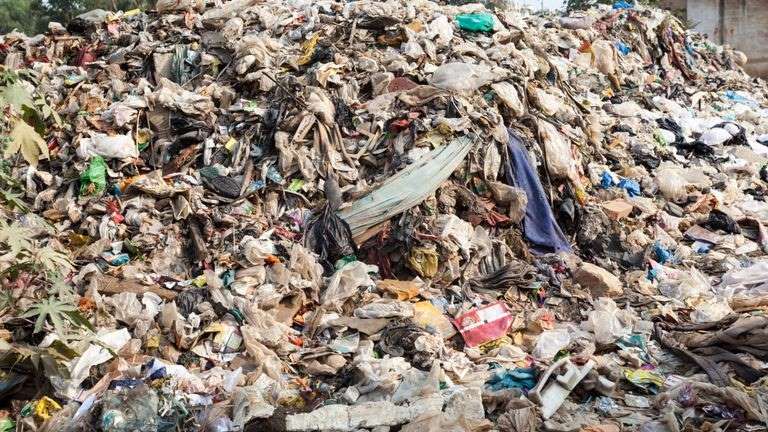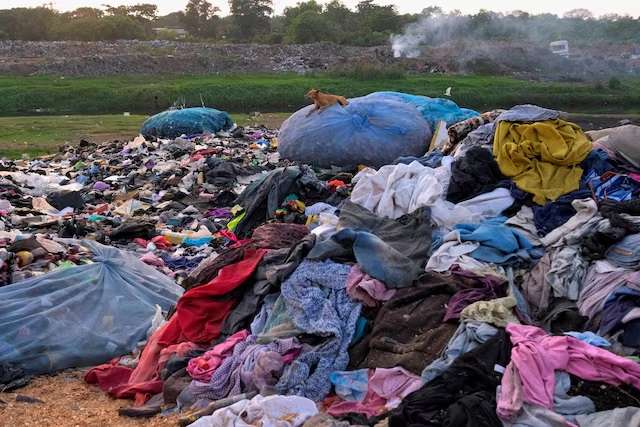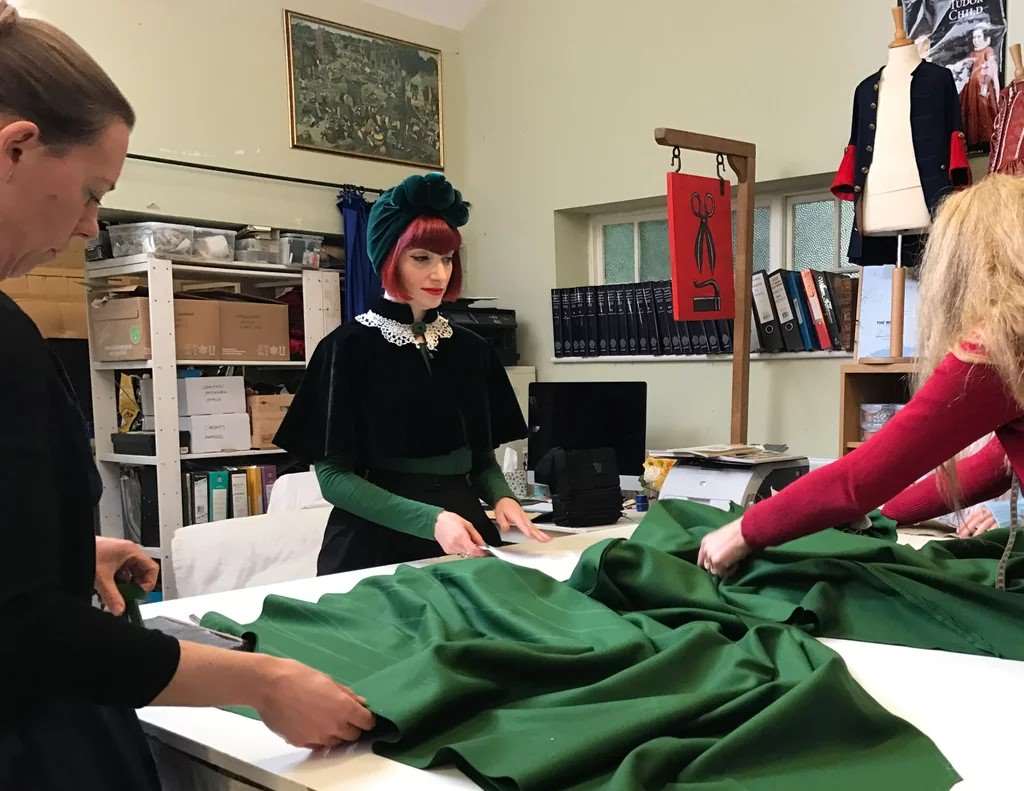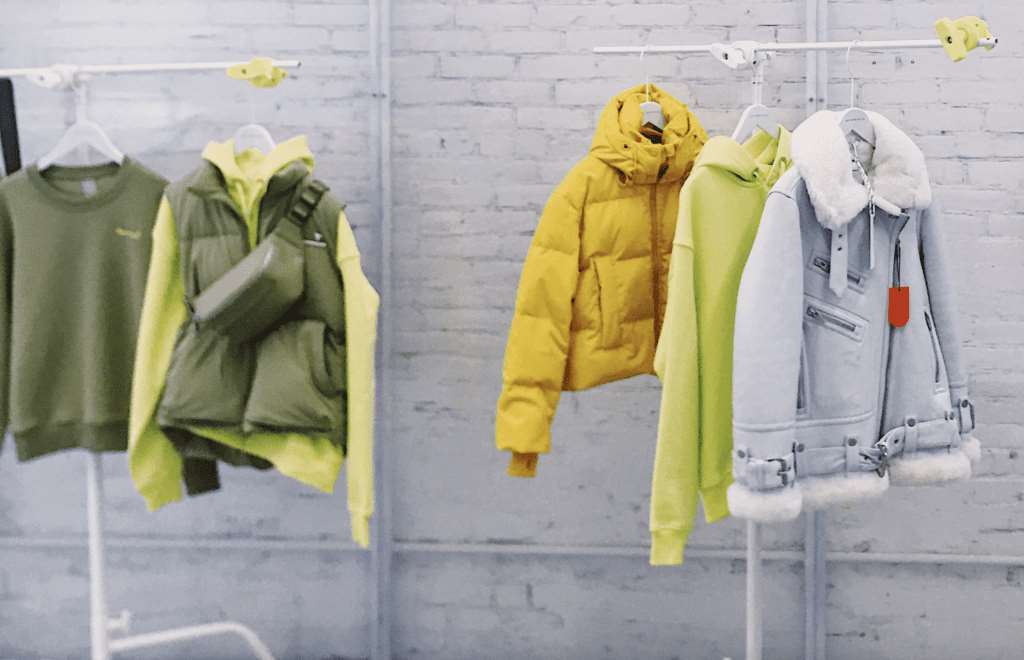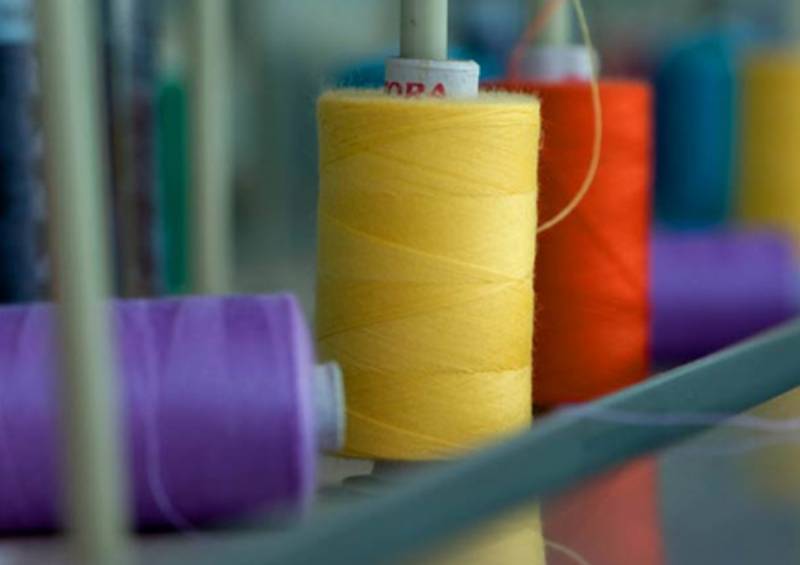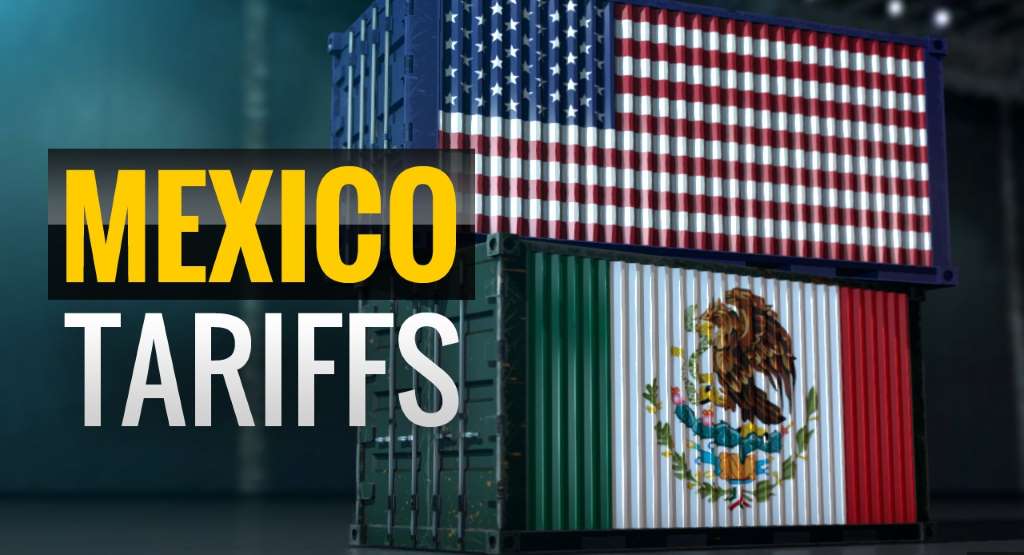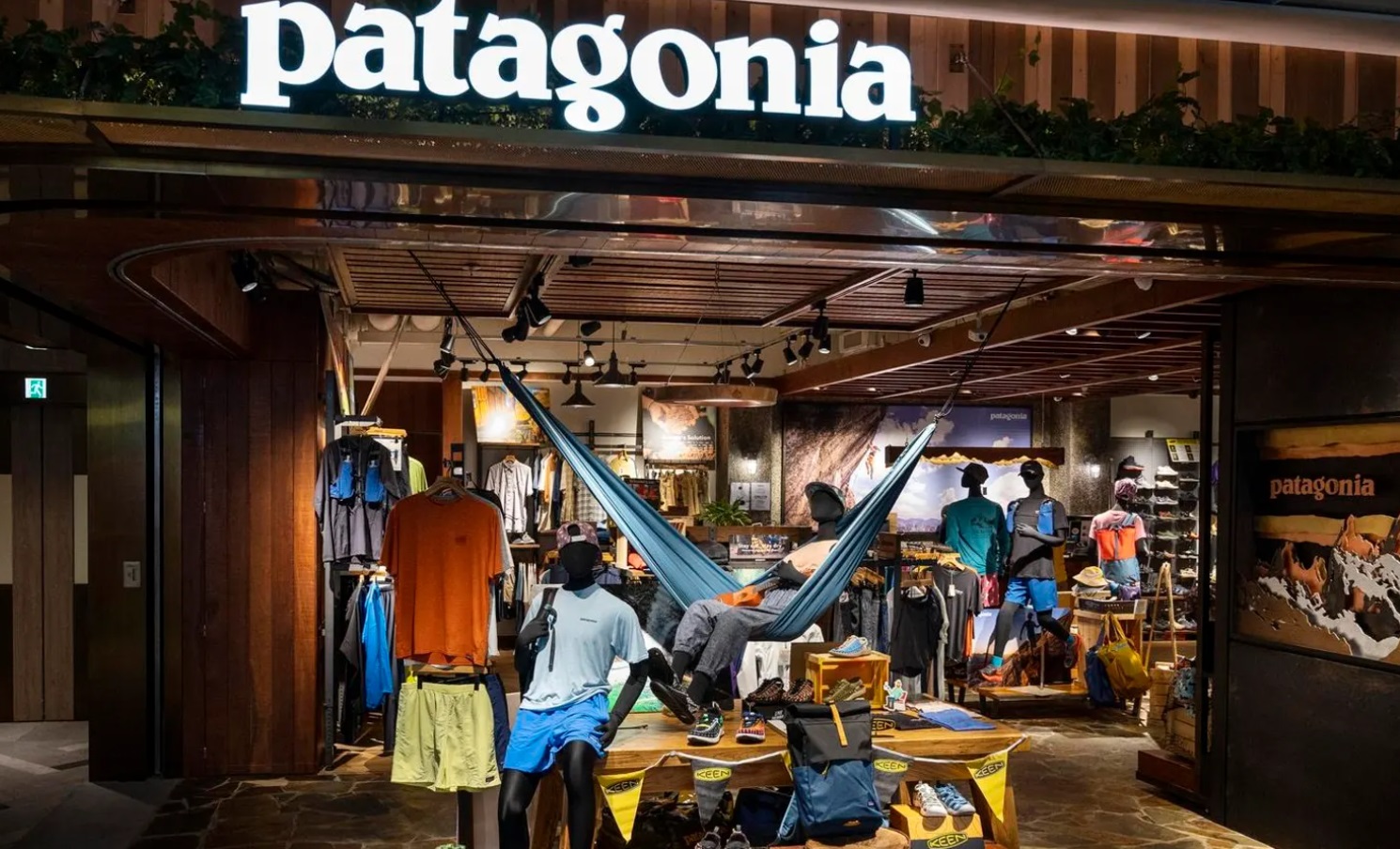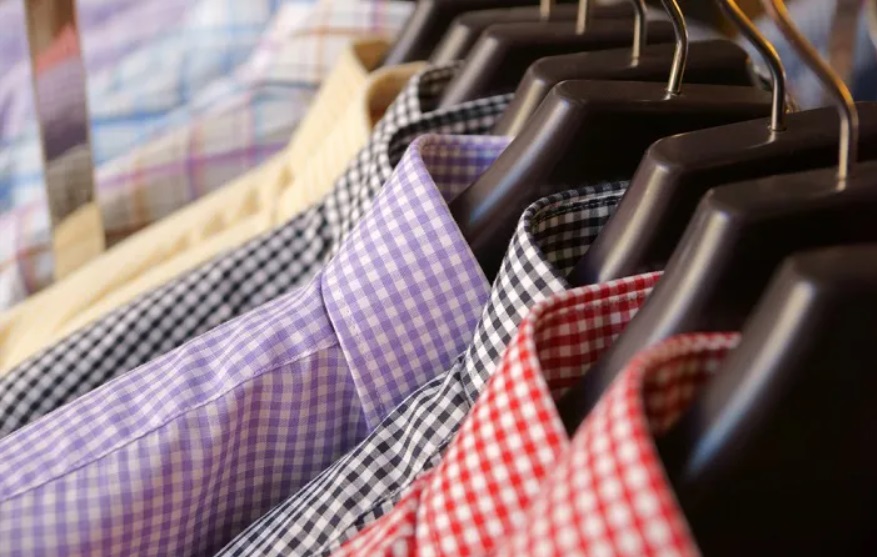FW
The government of Bangladesh has taken steps to launch hotlines for workers in the readymade garment sector. These will enable workers to report violation of rights, fire and building safety and related issues. This is a complaint mechanism, where callers will have their identity protected. The service would also help them inform the authorities of any harassment or obstacles to trade union activities.
While apparel makers have admitted the necessity of hotlines for the RMG sector, at the same time they have stressed the need for a mechanism for addressing grievance inside factories. They have expressed apprehension that the hotlines might be misused. They fear false reporting, which might cause a heavy damage to the business and reputation of a factory. They want measures to be enacted to prevent misuse, legal protection for factories and provisions for awarding damages as compensation.
Bangladesh’s garment factories have of late been hit by a series of fires and accidents and even building collapses. The country’s safety record has become a matter of international concern and major brands and retailers which source from Bangladesh want the country to take corrective measures and ensure compliance with global norms and practices.
Sri Lanka’s apparel industry wants stronger trade ties with China. And one way is through tie-ups with Chinese home grown brands. Apparel makers in Sri Lanka feel the need to align themselves with whichever country the Lankan government has a free trade agreement (FTA) with. And China may soon be one of them.
Efforts to drive the Sri Lankan apparel sector into a new growth phase may hinge on the potential FTA with China. Since China is a massive market, if Lankan exporters can capture even a small percentage of this market, it could lift up the entire apparel industry. An FTA which grants Sri Lankan apparel exporters access will open up a host of opportunities.
The Chinese market has grown manifold and there is good demand for luxury goods because of the large spending capacity. As a result of rising income levels the Chinese market has become a brand and quality conscious.
And while the Lankan government is looking for increased trade concessions with China, the two countries have a history of bilateral relations stretching back to 60 years.
Pakistan wants India to open up its markets for textiles imports. Exporters in Pakistan say India has to dismantle its tariff and non tariff trade barriers. Since Pakistani textiles have opened outlets in Dubai, London, New York, Toronto and many other countries, where Indians live in large numbers, the next step would be to reach out to the over one billion plus population living in India itself.
However, India and Pakistan face vastly differing situations. Electricity cost in Pakistan is 15 cents per unit compared with only 9 cents in India. Interest rates in Pakistan are 20 per cent higher than India’s, increasing the financial cost of the industry. India is a net exporter of cotton after fulfilling its domestic needs while cotton production in Pakistan always remains short, forcing the industry to resort to import of this vital input.
India has a very liberal regime of rebates and subsidies. It for example provides 3 per cent rebate on export of yarn and fabric. This further reduces the cost of Indian textiles. Besides various subsidies offered by the states the central government in India provides 2 per cent rebate on interest to its industries for upgradation of technology.
Freight forwarders in Bangladesh have raised charges by nearly 75 per cent. This has triggered a row with readymade garment exporters. The readymade garment industry, the country's largest industrial sector in export earnings, says the hike in freight forwarding charges is totally unacceptable and would raise the import cost of fabrics and other accessories. Garment factory owners say the forwarders cannot raise a single penny as per the government laws.
Freight forwarders say that the costs associated with handling cargoes have surged manifold over the years and, they needed to raise the charges. They say, this is an issue of survival and that in a free market economy, they can hike rates and that importers have full freedom to avail of their services or look elsewhere. They say that as a matter of fact many importers are getting their goods through direct shipping without taking any services from the forwarders.
To which garment owners retort the forwarders can get the enhanced service charges from their respective principals abroad.
There are nearly 800 freight forwarders in operation in Bangladesh. Freight forwarders are carriers of apparel products and they deliver the goods to their counterparts from local manufacturers.
Fiber producer Rhodia, a member of the Solvay Group, and Premiere Fibers, have agreed jointly to launch Emana, a polyamide-based smart yarn that reduces the appearance of cellulite and makes skin look smoother and more youthful when regularly worn for six hours or more. Premiere Fibres is a global industry leader in the development and production of specialized performance fine denier yarns for branded apparel and technical fabric applications.
Thanks to the bio-active crystals embedded in the yarn, Emana promotes cosmetic and performance benefits. The companies will offer a complete and integrated solution to accelerate Emana development in the US and Canada. It is a textile yarn that reduces the appearance of cellulite and makes skin look smoother and more youthful. This innovative yarn is already well-known for athletic and intimate apparel applications, where its advanced technology helps to improve comfort, fit and provides a more youthful appearance to skin surfaces.
Premiere Fibers is one of the two business units within Universal Fiber Systems. US-based and ISO 9001 certified, Premiere Fibers is a global multi-polymer specialized man-made fiber producer, and markets its yarn systems globally to performance apparel, military and technical fabric customers. The company offers both partially oriented yarns and fully drawn yarns, collaborating closely both upstream and forward in its supply chain to deliver differentiated products.
Solvay assists industry in finding and implementing responsible and value-creating solutions. The group is committed to sustainable development and focused on innovation and operational excellence.
www.solvay.com
The Philippine government is at gaining greater access to the European Union (EU) since the approval of a US bill that will down tariffs on Filipino-made textile products. The country is expecting a green signal from the EU under its Generalized System of Preference Plus (GSP+).
The Philippines is among the beneficiaries of the regular EU GSP, which provides duty-free entry of 2,442 products to Europe. The old GSP scheme also slaps lower tariffs on 3,767 other goods. Under the GSP+, the list of products qualified for duty-free entry has been increased to 6,274, including garments.
Philippine exports to EU under the old GSP touched 1.076 billion euros in 2012. Under the GSP+, shipments could increase by 12 per cent, thus creating 270,000 new jobs in the Philippines. Since American legislation is dealing with other issues at the moment, Philippines feel this is not the right time to lobby for the Save Our Industries (SAVE) Act.
First filed during the 111th Congress, the proposed SAVE Act will make Philippines garment exports bear lower tariffs provided these products use American fabrics. Manila is banking on the legislation to revive its garments industry, which declined when export quotas were lifted in 2005 under World Trade Organization (WTO) rules.
The 4th edition of Knitwear Solutions at Première Vision, promises to feature many special events. In just three seasons, Première Vision's platform for creative flatbed knits, knitwear solutions, has strengthened the overall ensemble of Première Vision Pluriel shows. This new space meets the growing need in international fashion markets for knitwear developments.
From February 18 to 20, 2014, at Parc d’Expositions Paris Nord-Villepinte, Knitwear Solutions will organise six Première Vision Pluriel shows exhibiting comprehensive product solutions to designers, products heads and buyers specialised in flatbed knitwear. The September edition witnessed around 3,000 exhibitors displaying their product range.
Knitwear Solutions is also a place to experience exclusive pieces created by Xavier Brisoux presented during the Knitwear Focus forum. And, for the first time, an exhibition of knit pieces by major designers, culled from the Modateca Deanne archive collection, illustrates the industry's creativity around a Futuristic Heritage theme.
www.premierevision.com
Jeanologia, in cooperation with Munich Fabric Start, has developed an ecological garment collection by using EIM (Environmental Impact Measuring) software to cut down on the use of water, energy and chemicals.
This unique garment collection has been produced with sustainable technologies such as laser, ozone and nano-bubbles. EIM software is specific to the garment finishing industry. It’s created to provide laundries, brands and garment finishers with a tool that helps them build sustainable process in production. Design and ecological techniques have been integrated to achieve more eco-friendly jeans but without losing appeal.
Jeanologia is also known for laser, G2, and E-soft technologies. The textile laser avoids the use of harmful techniques that could damage health of workers, allowing important savings of energy, water, chemicals and time. G2 uses ozone washing and oxygen from the atmosphere, allowing washing clothes with savings of over 60 percent in water and energy and about 85 percent in chemicals. E-soft technology softens garments with nano bubbles, saving 80 percent softeners and 98 percent water.
Jeanologia is a Spanish company and a world leader in sustainable technologies for textiles. It won recognition at the WSGN Global Fashion Awards as the best sustainable design team in the world. It has customers across five continents and exports of machinery and services account for 90 percent of the turnover. Jeanologia products and solutions are currently being used in more than 45 countries including Germany, México, Colombia, Brazil, USA, Italy, Portugal, India, China, Russia, Japan, Morocco and Bangladesh.
www.munichfabricstart.com
The 18th edition of Milano Unica, The Italian textiles trade show, is set to welcome 19,000 visitors, including over 5,000 international buyers, who had already participated in the February 2013 edition. Many of them are invited by the 398 Milano Unica exhibitors, of whom 72 come from other European countries.
Milano Unica has made significant structural changes to Moda In, the largest exhibition area within the trade show, rationalizing the entire area in order to better meet market needs. This year, Moda In features a new look and two macro-areas: In Fabrics, the area where the entire textile production dedicated to research and innovation is put on display; and In Accessories, the traditional space dedicated to accessories for apparel. In addition to the vast Area Trend, located at the entrance of Porta Teodorico, two additional areas dedicated to trends have been set up: Trend Hubs, one for each ‘In Fabrics’ and ‘In Accessories’ areas.
With the positive response the past edition received, the presentation of the S/S 2015 Directions by Angelo Uslenghi will give a better approach in the Trend Area and the Trend Hubs. Milano Unica events are important it’s here that different stakeholders get in touch with top notch knowledge and exchange ideas. A multitude of activities are dedicated to young people, eco-sustainability, culture, internationalization and tradition.
www.milanounica.it
As per Bangladesh Textile Mills Association (BTMA) data, the market share of domestic woven fabrics in RMG export is stagnating for the last three years despite rising demand. Though the mills have expanded their production capacity in line with export growth, their market share is stagnating at 35 per cent.
BTMA points out that with 35 per cent local market share, Bangladesh is meeting more than 70 per cent denim demand. However, local mills are yet to start manufacturing high-tech and other woven fabrics. So these fabrics are imported. Lack of investment options is also one of the factors leading to players not setting up high-tech woven mills.
With increasing competition from countries like India, Cambodia, Vietnam, Pakistan coupled with issues like rising wages and transport costs, costlier utility services, high bank rates and other problems are also impacting competitiveness of the export segment.
As per data available from different sources, local millers could meet 35 per cent demand four years back when export for readymade garment was less than $16 billion. The sources says in the last fiscal, RMG exports was more than $20 billion and the current fiscal target is $23 billion but local woven contribution is not increasing. As per experts, foreign direct investments in textile industry could be a solution as the foreign companies can bring their money to manufacture high-tech woven textile products.
www.btmadhaka.com

